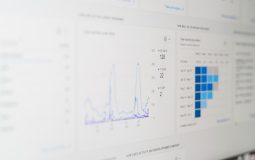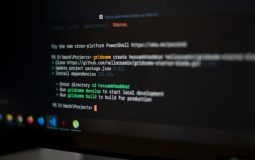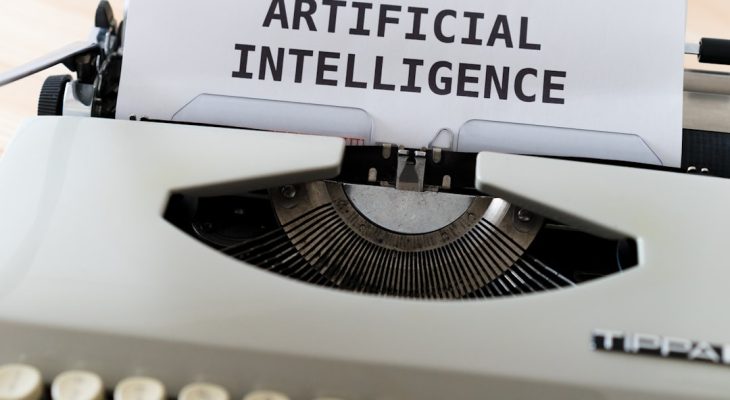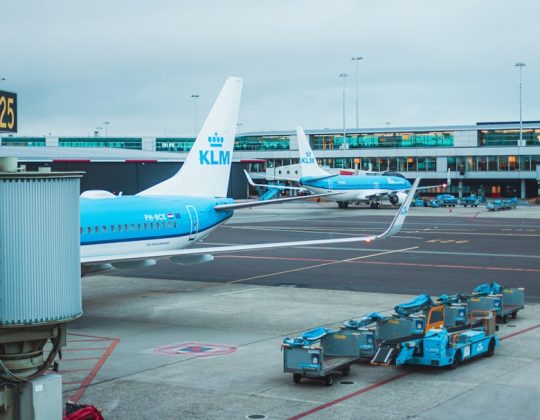Ray Kurzweil is a name you should know if you’re curious about the future. He’s an inventor, futurist, and author. He’s made many accurate predictions about technology and artificial intelligence (AI). Some people call him a modern-day prophet of tech, and that’s not far off!
Kurzweil believes AI is going to change our lives in amazing and surprising ways. His bold ideas are not just science fiction. They are shaping how engineers, scientists, and companies think about building the future.
Who Is Ray Kurzweil?
Ray Kurzweil has been called a genius. He’s known for creating inventions like the flatbed scanner and the first text-to-speech reading machine for the blind. But he’s even more famous for predicting the future of technology.
In his book The Singularity Is Near, Kurzweil talks about how computers will become smarter than humans. He calls this point the singularity. It’s not just a cool sci-fi word. He really believes it will happen—soon!
According to Kurzweil, machines will become as smart as humans by 2029. He expects we will reach the singularity by 2045. That means humans and machines will combine in ways we can hardly imagine today.
Why Do His Predictions Matter?
Kurzweil is not just guessing. He uses a method called the Law of Accelerating Returns. This means that technology doesn’t grow in a straight line—it grows faster and faster over time.
Think about how phones went from flip phones to smartphones in just a few years. That’s accelerating progress in action.
Because Kurzweil has been so right in the past, people pay close attention to what he says. Many tech companies, including Google, where he works now, use his ideas to plan for the future.
Some of His Cool Predictions
Here are a few of Ray Kurzweil’s biggest predictions related to AI:
- 2029: AI will be able to pass the Turing Test.
- 2030s: Brain-computer interfaces will become common.
- 2045: The singularity will happen. Human and machine intelligence will merge.
- We will be able to upload our minds to computers.
- Small robots in our bodies will cure diseases and extend life.
These predictions sound wild, but many of them are already being worked on today!
How These Ideas Influence AI Development
Kurzweil’s ideas get a lot of attention in tech circles. Some companies base their projects around reaching the singularity. Some engineers are trying to build human-like AI models, just as he predicted.
Here’s how his thinking is shaping the field:
1. Smarter AI Systems
AI is already smarter than ever. We use it to talk to phones, drive cars, and even detect diseases. Companies are racing to create AI that can think and reason more like humans. This is something Kurzweil saw coming decades ago.
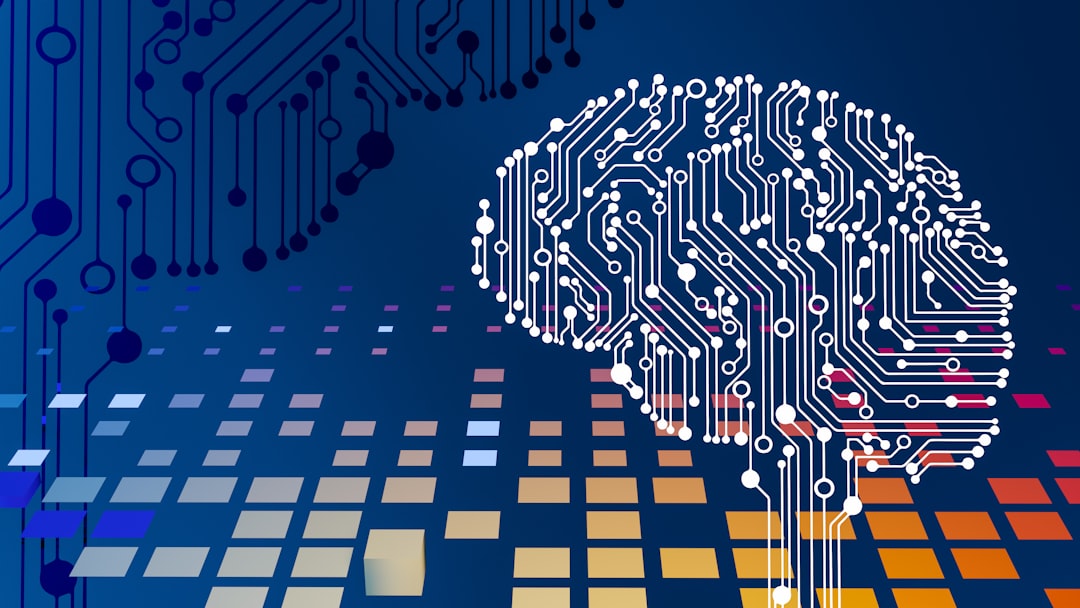
2. Brain-Computer Interfaces
This sounds like science fiction, but it’s being developed today. Projects like Elon Musk’s Neuralink aim to connect brains directly with computers. Kurzweil predicted this long ago, and now companies are making it real.
3. Human Longevity
Ray believes that tiny robots—called nanobots—will one day travel through our bodies, fixing health problems. This could help us live much longer, even forever! Some companies are already researching how to make this happen.
4. AI That Understands Us
Today’s AI is good at certain tasks. But Kurzweil believes future AI will understand language, emotions, and logic just like humans. That’s why developers are focusing more on natural language processing and emotional AI.
Why People Take Him Seriously
Many of Kurzweil’s predictions in the past have come true. For example:
- He said a computer would beat a human chess champion by 1998. That happened in 1997.
- He predicted the rise of smartphones in the early 2000s. We all carry one now.
- He forecasted the explosion of the internet at a time when it had only a few users.
Because of this, even scientists who disagree with some of his wilder ideas still watch what he says.
Critics and Concerns
Not everyone agrees with Kurzweil. Some say he is too optimistic. Others worry about the dangers of AI becoming smarter than humans.
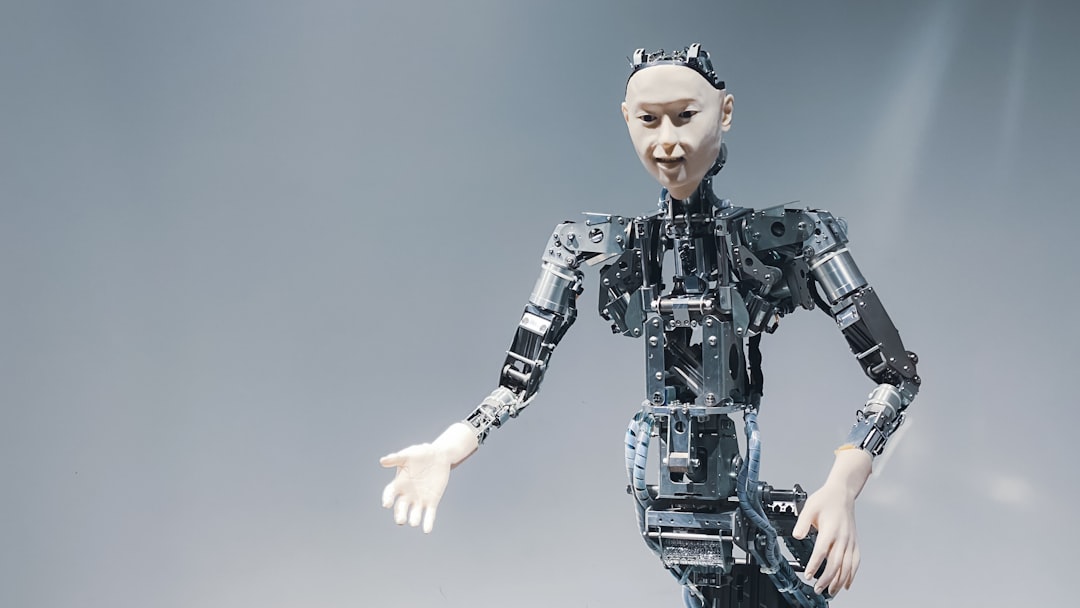
Even if you believe we’ll reach the singularity, big questions remain:
- Will AI be safe?
- Who controls the technology?
- What happens to human jobs and privacy?
These are serious questions. Kurzweil agrees they matter. He says we need to think ahead and be careful while moving forward.
The Real Impact: Inspiring Innovation
Whether or not everything Kurzweil predicts comes true, he has already made a big impact. His ideas push people to challenge limits. He shows what could be possible if we keep learning and building.
He also brings science into popular culture. Kids read his books and dream about the future. Entrepreneurs watch him speak and start new companies. Scientists build what once seemed impossible.
In many ways, Kurzweil’s biggest contribution is hope. He makes people believe in a brighter, smarter future through science and technology.
What Can We Learn From Him?
You don’t have to agree with everything Kurzweil says to learn something valuable. Here’s what we can all take away:
- Think big: The future is shaped by bold ideas.
- Study trends: Look at how fast technology is changing.
- Stay curious: Keep learning about new tools, apps, and innovations.
- Be ethical: Always ask how tech affects people’s lives.
Kurzweil doesn’t just talk about fancy robots and futuristic cities. He talks about humans having better lives with the help of AI. That’s something we can all get excited about.
Conclusion
Ray Kurzweil’s vision of the future is exciting, bold, and a little bit wild. But he’s not daydreaming—he’s guiding real change. His accurate predictions and big ideas inspire a new generation of thinkers, builders, and dreamers.
Artificial intelligence is growing fast. The things Kurzweil imagined years ago are now starting to become reality. From smart computers to robot doctors, his vision is shaping the world of tomorrow.
No one knows exactly what the future holds. But one thing’s for sure: it’s going to be amazing, and Ray Kurzweil helped us see that coming.

